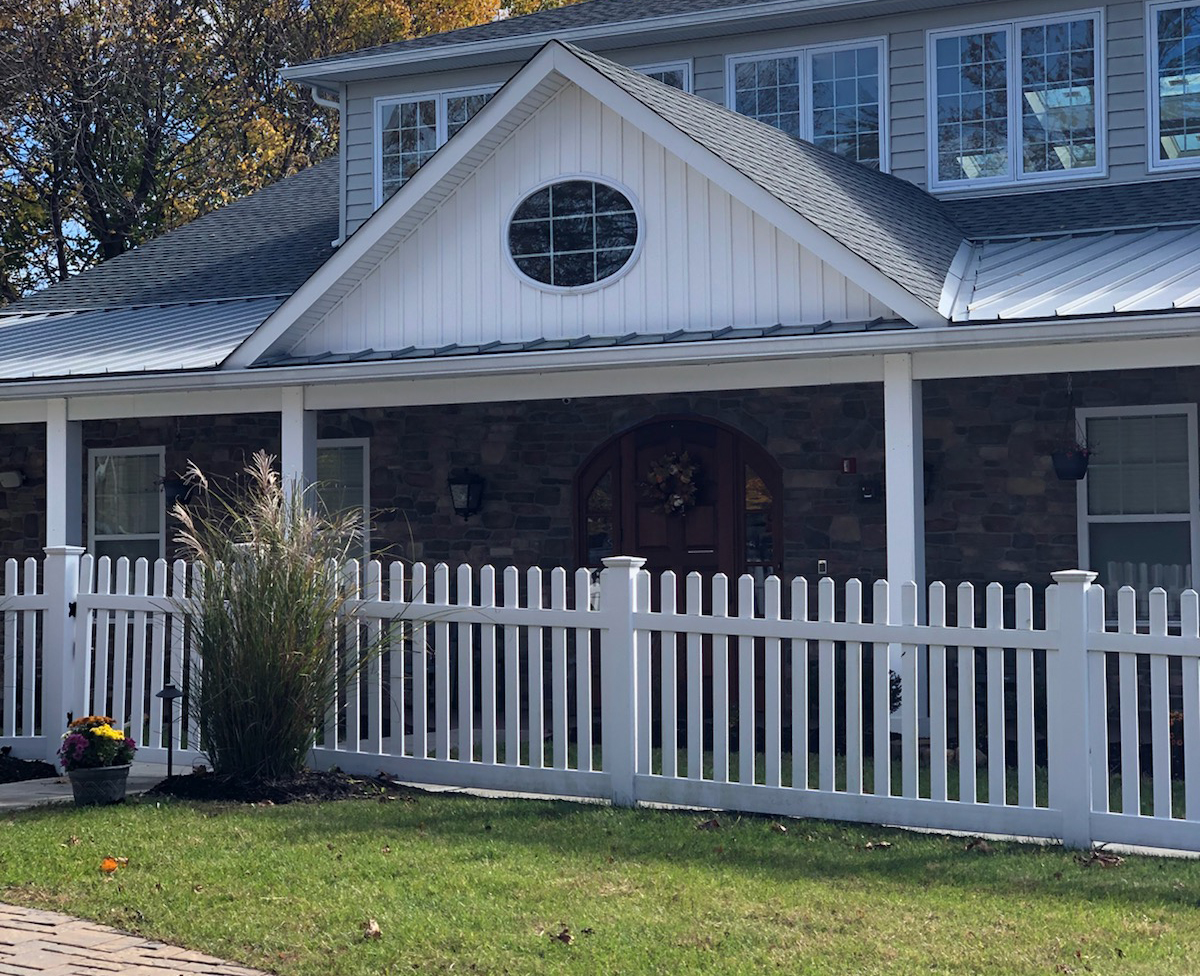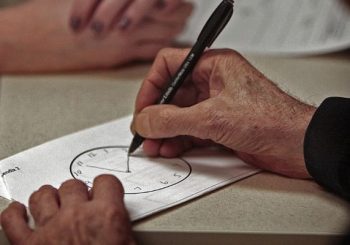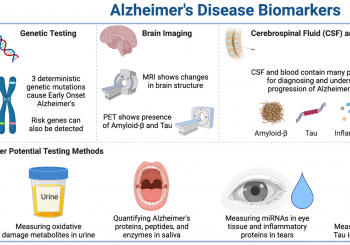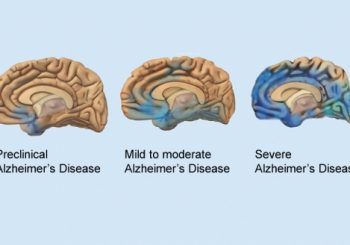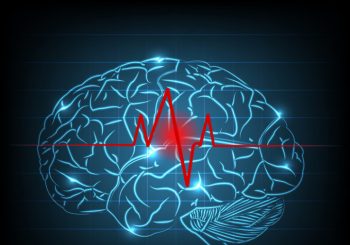
As we age, cognitive functioning, including memory, attention, and problem-solving skills, can naturally decline. However, maintaining a sharp mind isn't just about accepting this as inevitable; it involves proactive strategies that support brain health throughout life. Here’s a guide to sustaining cognitive functioning through various lifestyle choices and habits. Engage in Regular Physical Exercise Exercise is one of the most effective ways to keep your brain sharp. Physical activity ...
Read More
Read More


